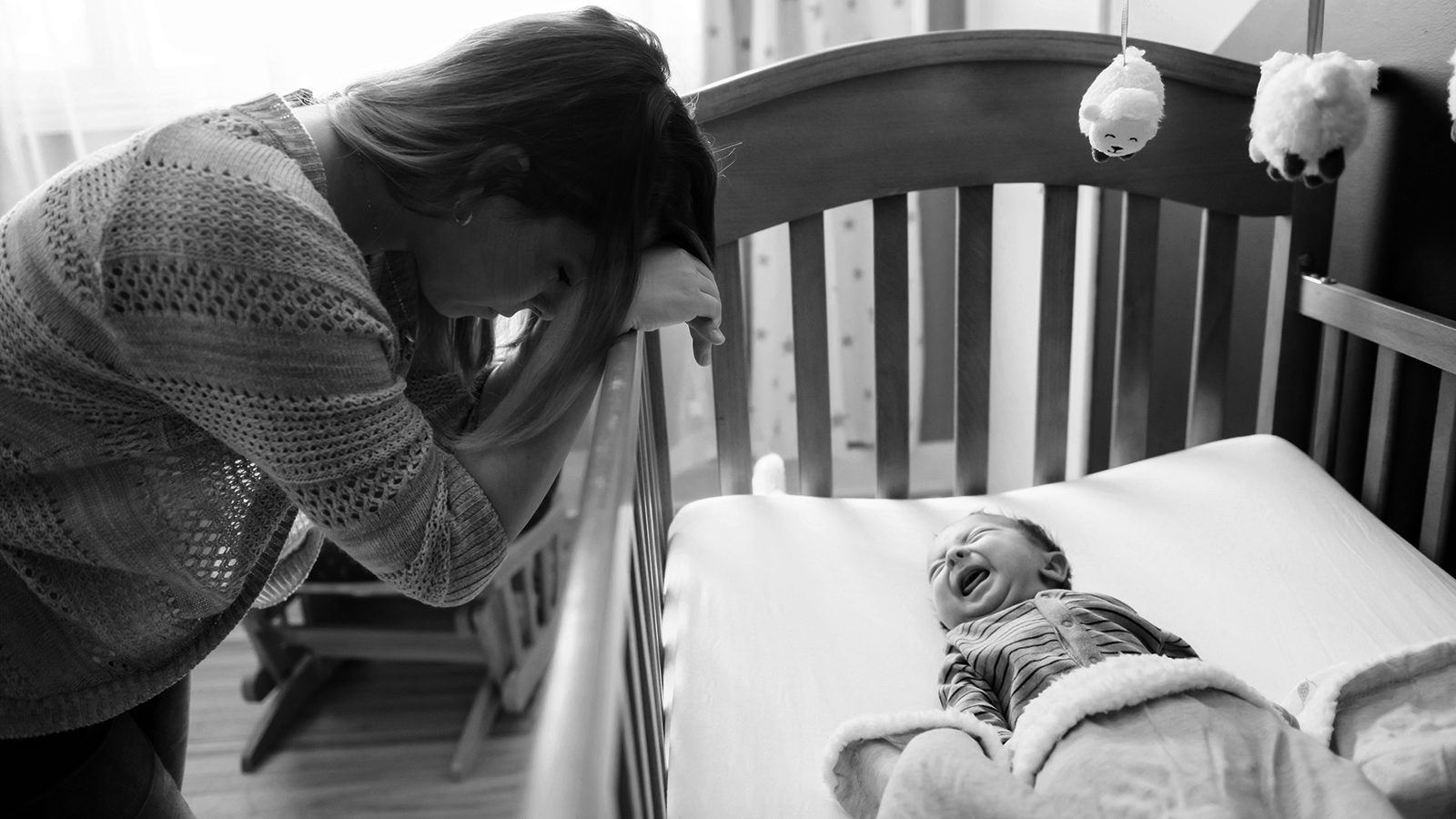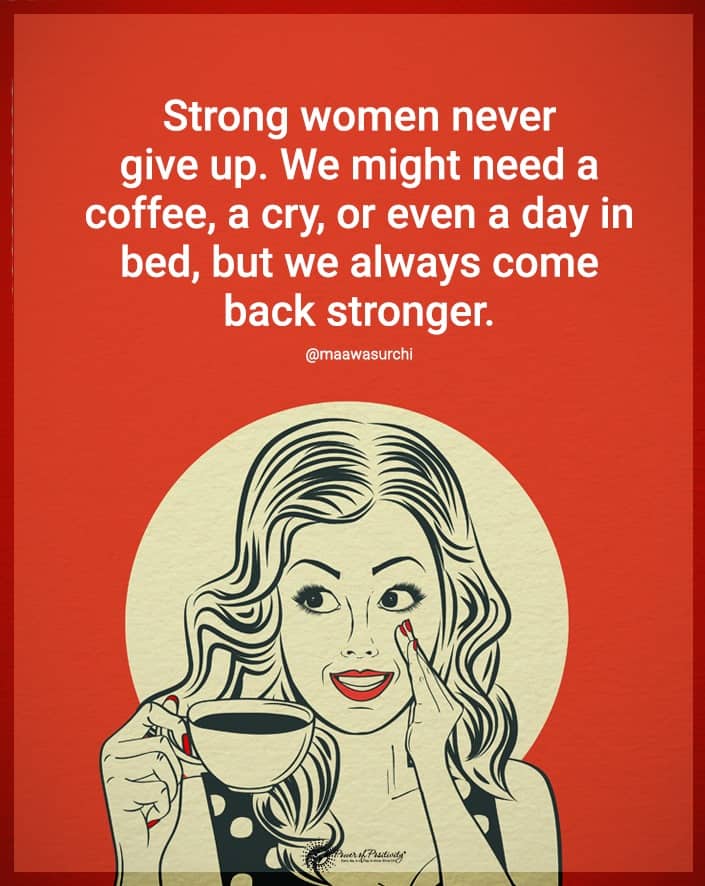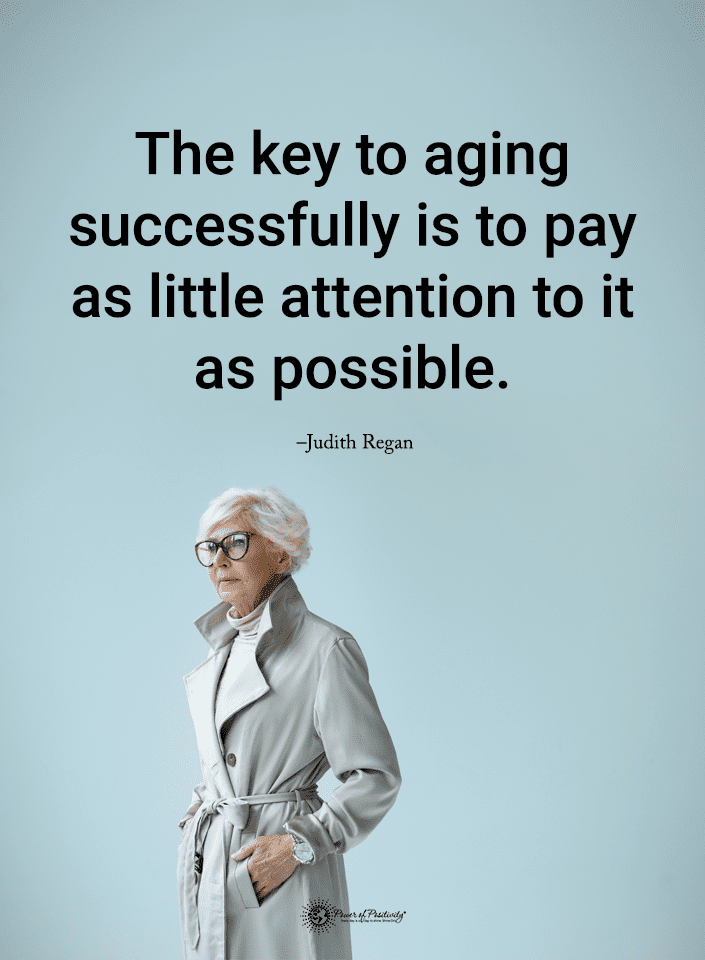You may be like countless other women who are concerned about the effects of aging. The appearance of fine lines, wrinkles, aches, and pains are inevitable reminders of life’s brevity. Who knew that having children may also put a few extra years on your time clock?
Do Mothers Age Faster?
Many say there is no higher calling than being a mother. Even though raising your kids can sometimes be frustrating, you wouldn’t trade them for the world. However, some scientific evidence may agree when you say that your children are turning your hair prematurely gray.
A study compares mothers to women who do not have children. The outcome, they say, shows how women with children may age approximately eleven years faster than their childless peers. It all concerns a compound called telomeres and how it affects DNA and aging cells.
This premature aging appears to be greater than in studies concerning female obesity and smoking. After reading this information, you may be hesitant to become a mother if you aren’t already. However, the article quickly indicates that this study doesn’t have the last word.
It also discusses the study’s primary author, Anna Pollock. According to Pollock and her colleagues, the study should be interpreted cautiously. Other factors affect aging, and more research about telomeres is needed. Regardless, it is fascinating data to consider.
The article includes a study published by PLOSone that contradicts the first one. After studying a community of Mayan women, the evidence suggests that the more children they have, the longer the telomere molecules. The study concludes that such a condition could delay the effects of cellular aging.
Negative Health Risks of Motherhood
Having your babies was probably the happiest moment of your life. When they put that little one in your arms for the first time, the pain of labor was worth it. You probably never thought of the risks you take for being a mom.
1. Pregnancy and Childbirth
If you’ve ever been pregnant, you know how challenging it can be for your body. Statistics published by the Centers for Disease Control state that childbearing is the sixth leading cause of death among American women. It was among the past centuries’ top reasons for female mortality worldwide.
So, pregnancy and birthing a child are risks in themselves. The good news is that most mothers are still happy and healthy after birth. Thanks to advances in medicine and technology, childbirth isn’t as risky as it once was.
2. Stress of Child Rearing on Women
Talk to any woman with children, and you’ll get the same response. Although they adore their kids and would give their lives for them, they’re still nerve-racking. Not only do you have the stress of childbirth, but also the stress of raising them.
According to a study published by The National Library of Medicine, women with children report a higher stress level than those without children. Chronic stress can lead to physical and mental health disorders. The possible risks are diabetes, high blood pressure, cardiovascular disease, and premature aging.
3. Women With Kids Face a Higher Risk of Obesity
Once you’ve carried and birthed a child, your figure will probably never be the same. It’s not unusual for a mother to gain thirty to forty pounds during pregnancy. You may also experience an extended abdomen, swollen feet and hands, stretch marks, and possibly hemorrhoids.
Maybe you were able to lose that weight gain and return to your pre-pregnancy weight.
An article published by the National Library of Medicine offers promising news. Most mothers lose half of their pregnancy weight about six weeks after giving birth.
Unfortunately, having children lead some mothers on the path to obesity. An article published by Preventative Medicine states that obesity is often a complaint of younger mothers with several children. Of course, obesity is a leading cause of many life-threatening diseases.
4. Changes in the Feet of Women
If you had problems during your pregnancy, like water retention or pre-eclampsia, your feet might have stayed swollen. After you have your baby, the cute little pumps you wore before pregnancy may no longer fit. It’s common, says an article published by the American Journal of Physical Medicine & Rehabilitation.
Pregnant mothers often develop permanent loss of arch height, explains the article. Therefore, it makes your foot a bit longer, and you may need a larger shoe size. More research is required to learn how to prevent this change.
Possible Negative Effects of Going Childless
Thank goodness that a woman’s worth doesn’t hinge on her ability to have children anymore. Today, thousands of females enjoy a beautiful and satisfying life without being a mother. It can be a medical reason or even more so by choice.
Some ladies just aren’t born with a maternal instinct. Many would rather dote on their nieces and nephews instead of having their own little ones. Some women have zero tolerance for kids’ antics, so they choose not to have any.
Some studies suggest that a woman without children may live longer than a mother with children. Also, you may not have the stress of raising them. However, going childless may also have possible health risks.
An article published by Johnson Memorial Health says that women who have never given birth are more at risk for breast cancer. They may also be more susceptible to ovarian, endometrial, and uterine tumors. Medical experts say that more research is needed.
Possible Health Benefits of Childbirth for Women
As a mother, you probably wouldn’t have chosen not to have children, regardless of the risks. Even if your child-free peers lived longer, you wouldn’t trade one of your kids for immortality. Besides the joy your children bring to your heart, there are other benefits to consider.
1. Children May Boost Happiness in Women
How often have you declared that your kids drive you up the wall? There’s no denying that raising children and teens can stress you. However, a study published by Open University in the United Kingdom found that mothers are happier with their lives than their child-free peers.
2. May Lower Your Blood Pressure
Believe it or not, having your little darlings may decrease your blood pressure, suggests a study by Brigham Young University. The study suggests that although raising children can be stressful, they give purpose to your life. It’s associated with lower blood pressure and better health outcomes, especially for mothers.
3. May Increase Your Self-Esteem
Perhaps nothing melts your heart more when your little one hugs you and proclaims you the “best Mommy ever.” By nature, children say whatever is on their minds. It makes you feel good when they give you honest praise and trust you beyond measure.
4. Your Children Keep Women Grounded
When you see the world through your child’s eyes, it boosts your creativity and curiosity. They are awed by the magic of glowing fireflies or how the moon seems to follow you as you travel. Their natural optimism is contagious and encourages you to count your blessings.
5. Care in Your Golden Years
Having children also means that they’ll be there for you as you get older. Plus, you’ll have the joy of spending time with your grandchildren. Being part of a multi-generational family is priceless.
The Connection Between Childbearing and Aging
Another factor of childbearing is how late in life mothers choose to have their children. Since infant mortality was historically high, mothers were encouraged to marry early and have as many children as possible. Consequently, the stress of having one child after another was a leading cause of mothers dying during childbirth.
In modern times, mothers are waiting longer to have children, according to an article published by the Boston University School of Medicine. Researchers compared mothers who had children past thirty-three and those who had their last child before thirty. The statistics suggest that the first group of mothers tended to live longer than the second group.
The article further discusses that those represented in the first group may be linked to the evolution of genetic variants. These variants may slow the aging process and decrease age-related genes. So, mothers who wait may have an advantage over those who start having children earlier.
What about the women who have their first little one past forty? The same research compared this group to those who had their last child before forty. Statistics suggest that the first group is four times more likely to live to be a hundred than the second group.
Final Thoughts on Longevity of Women with Children and Those Without
Studies about this question are academically sound yet have contradicting outcomes. However, they all agree that the findings warrant more research. It’s your choice whether to have children or not, but it seems that the blessings far outweigh any physical concerns.
















 Community
Community

